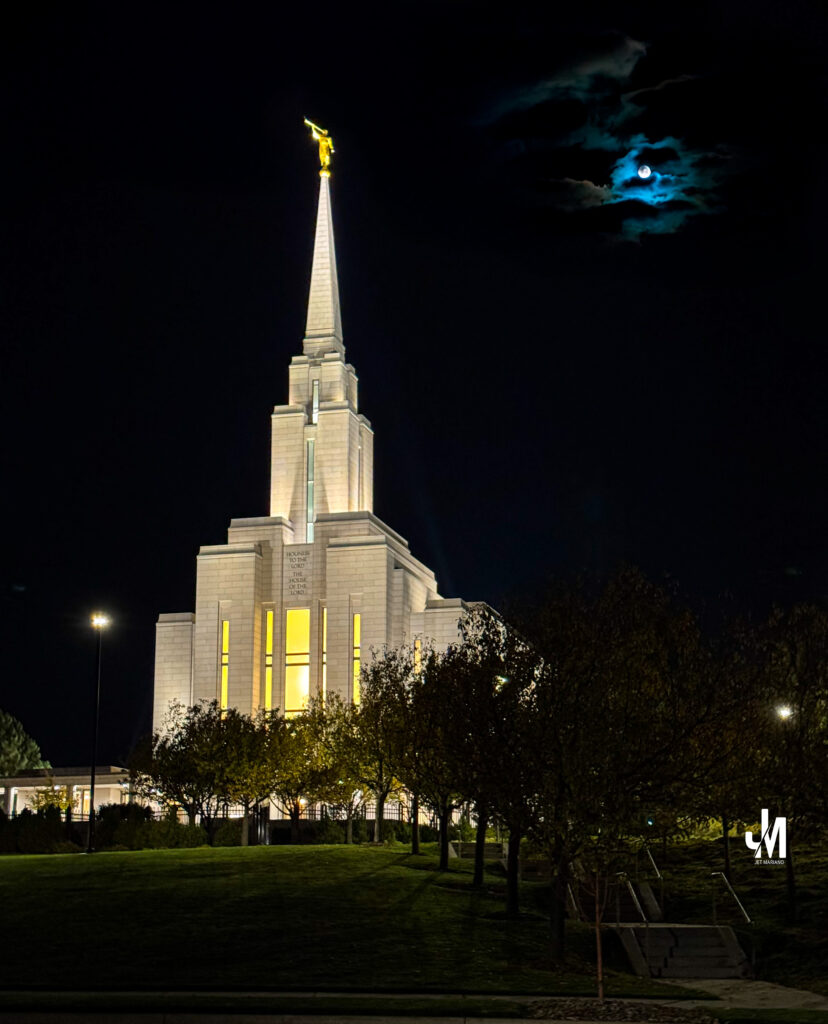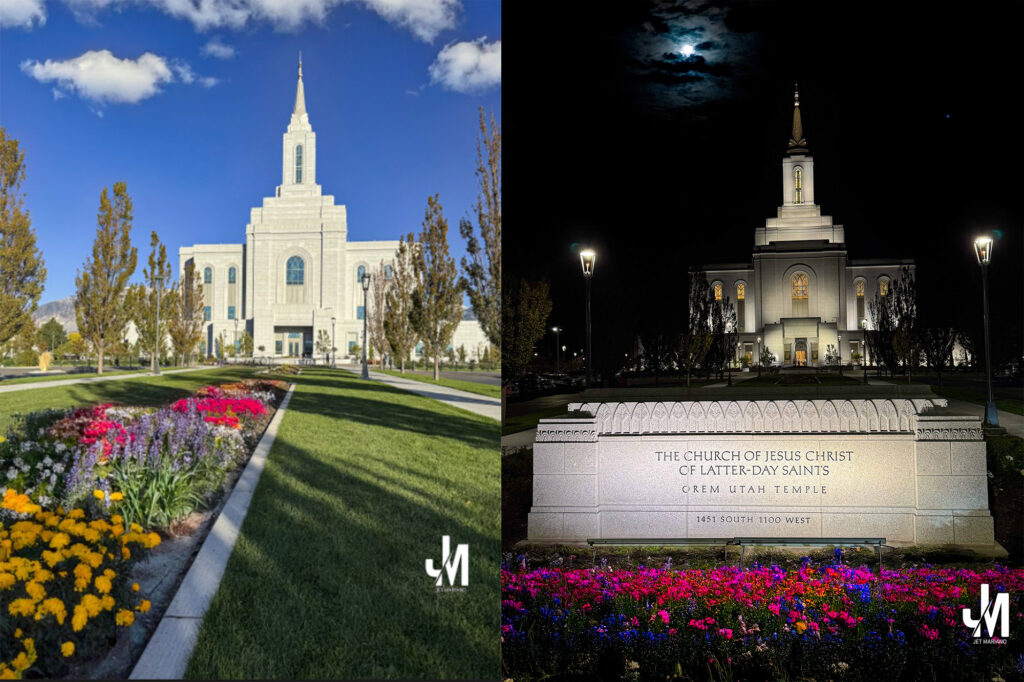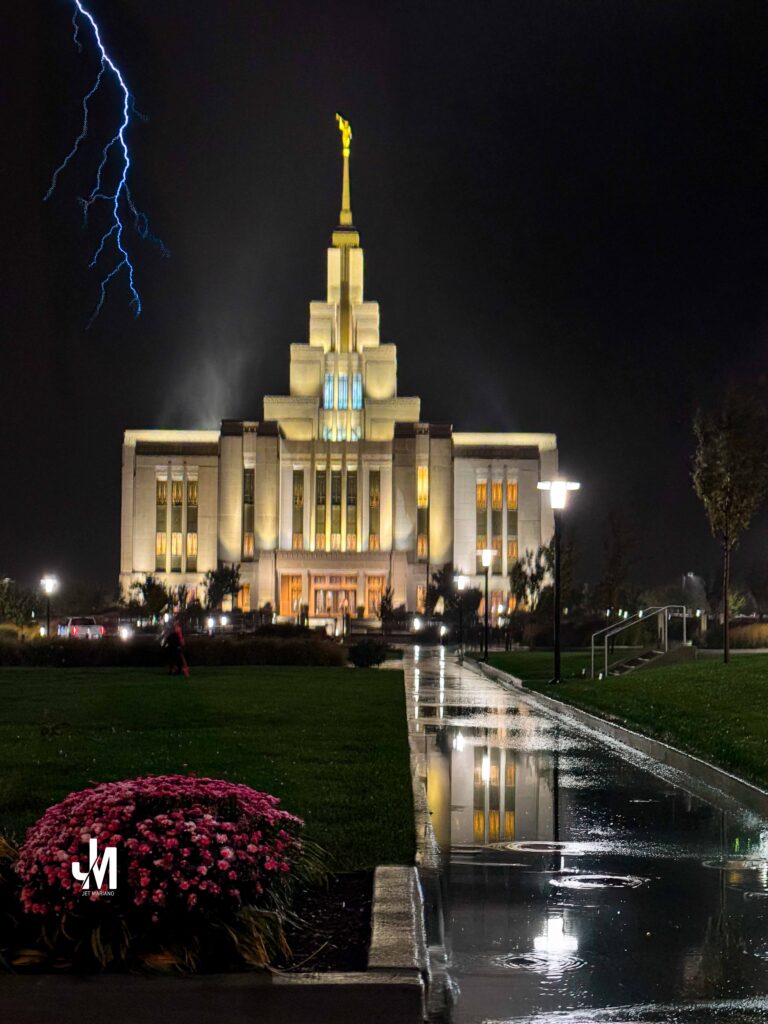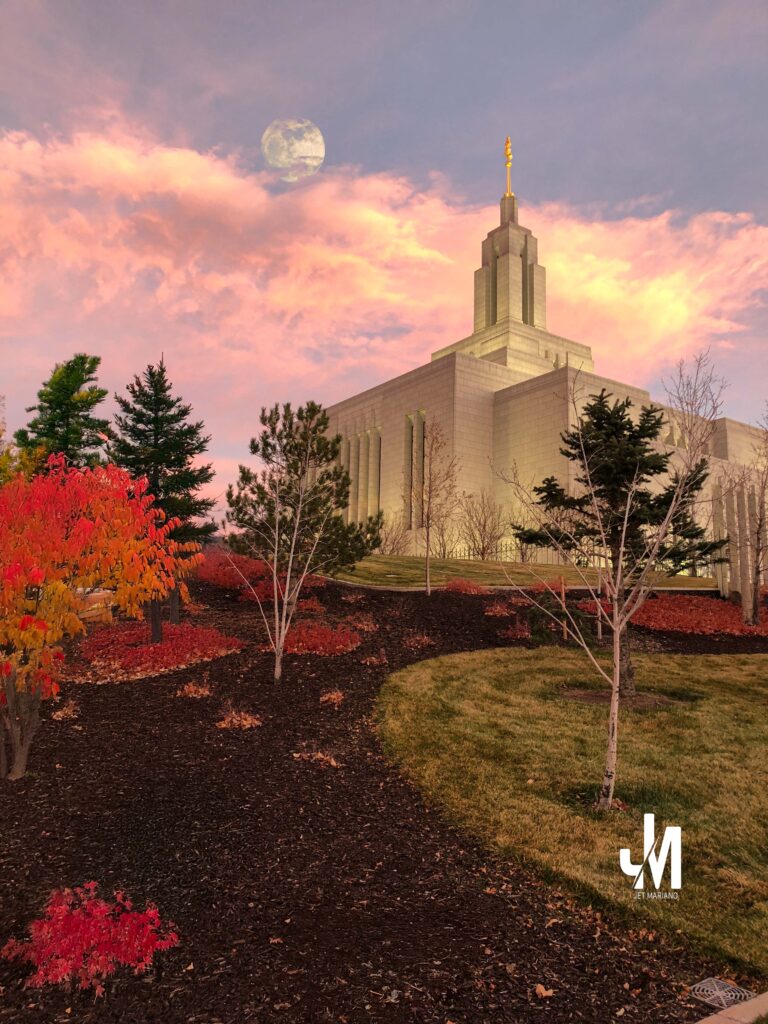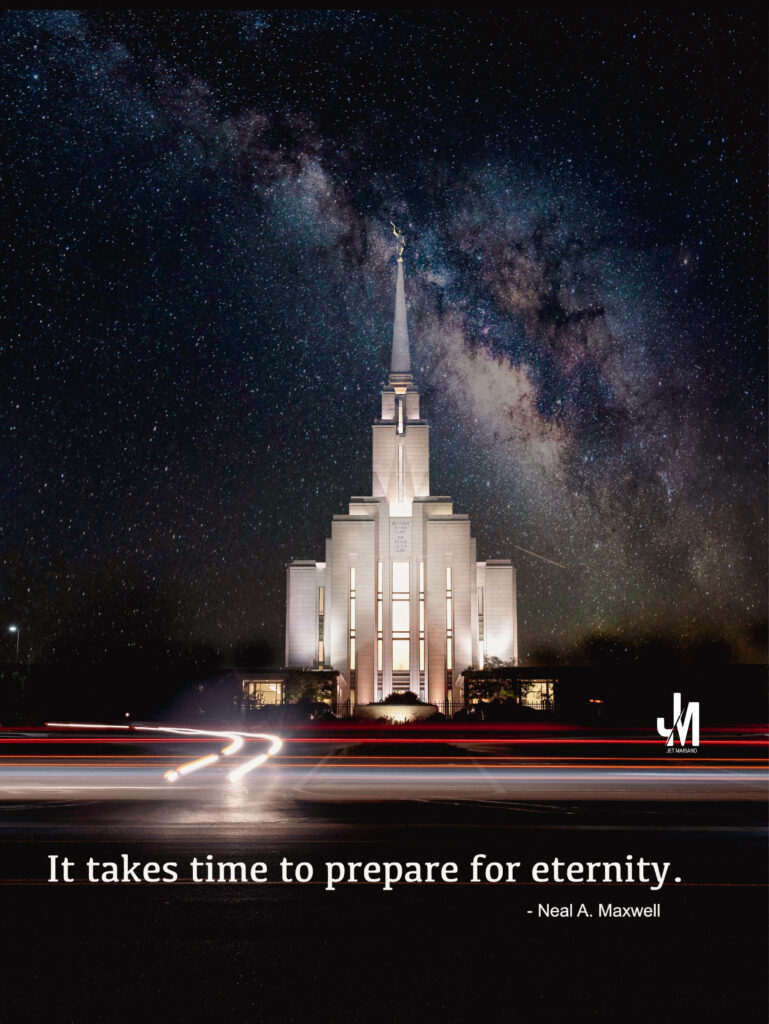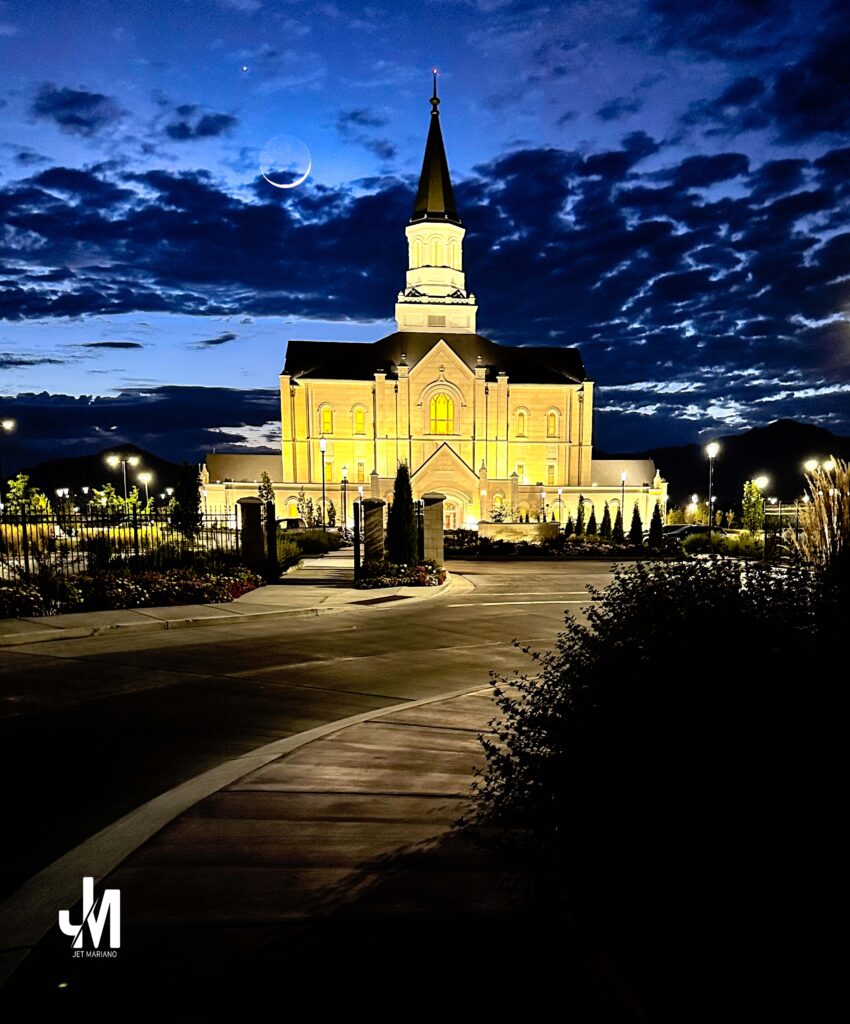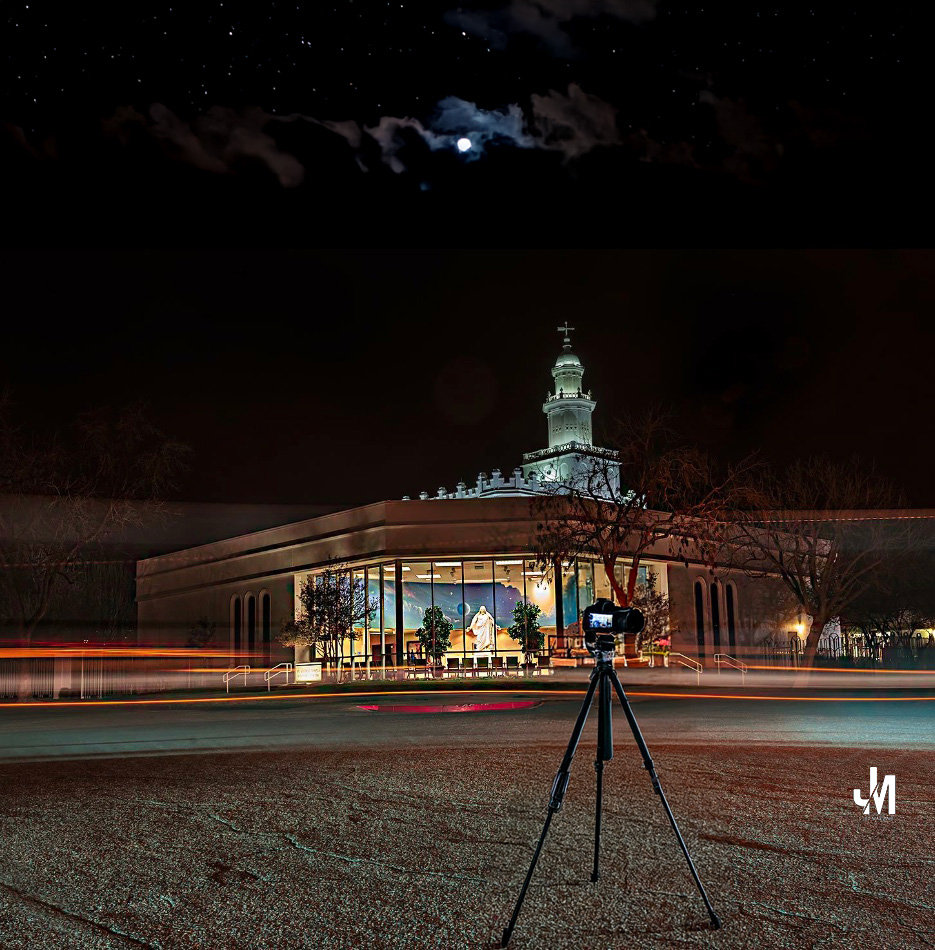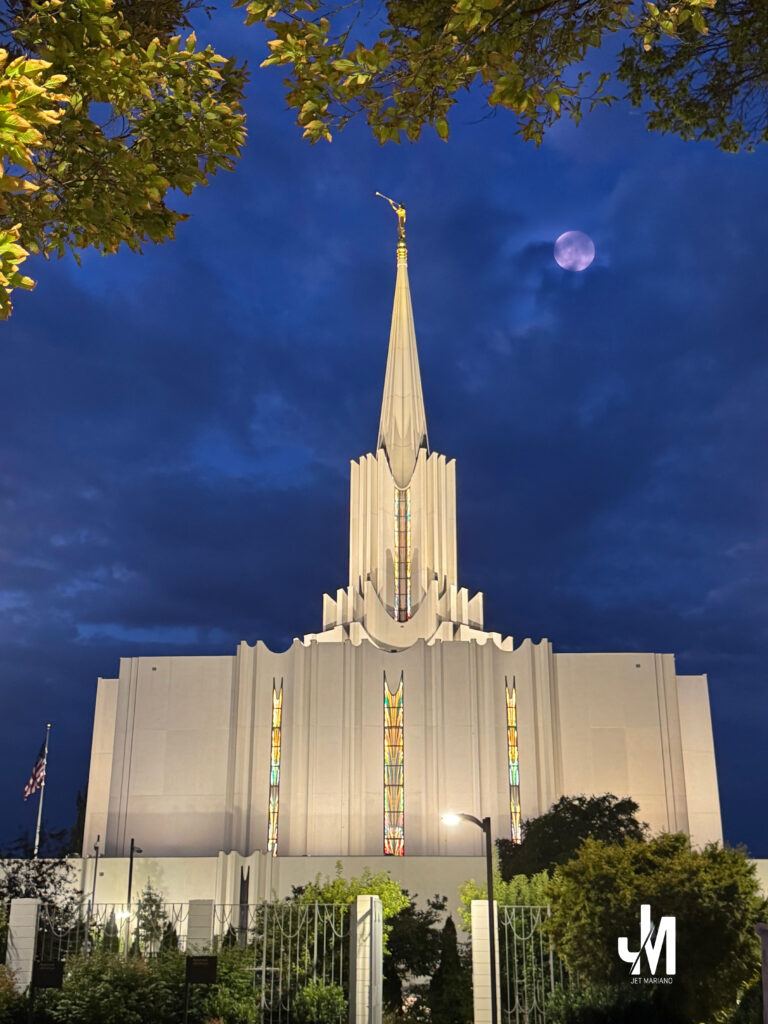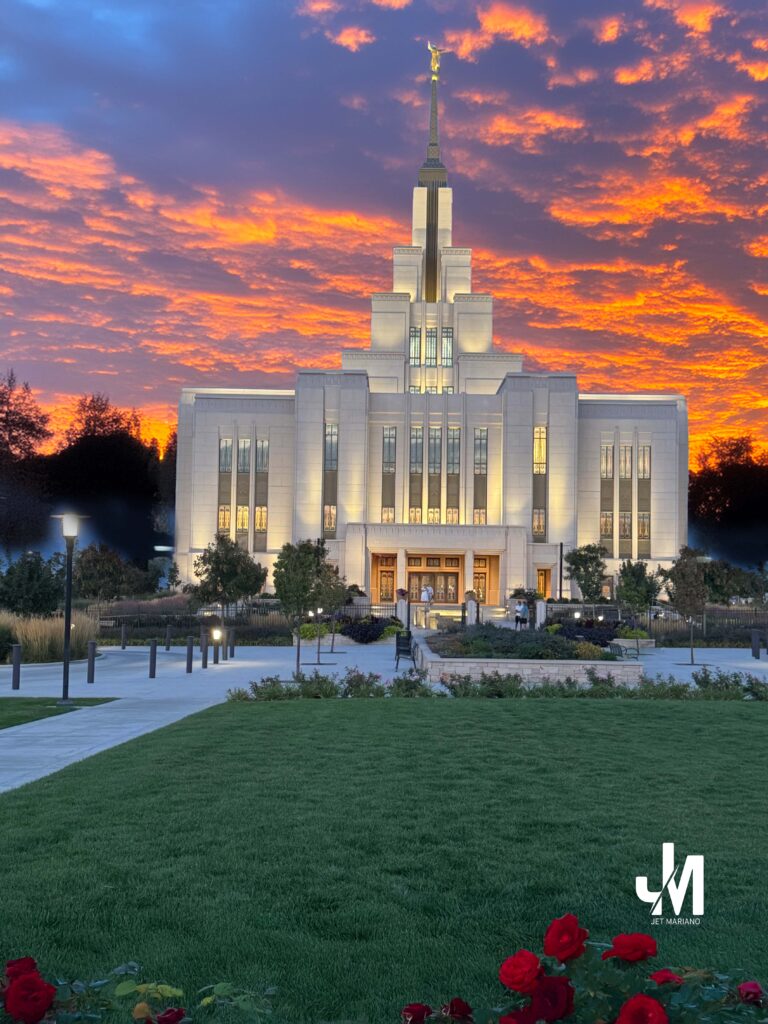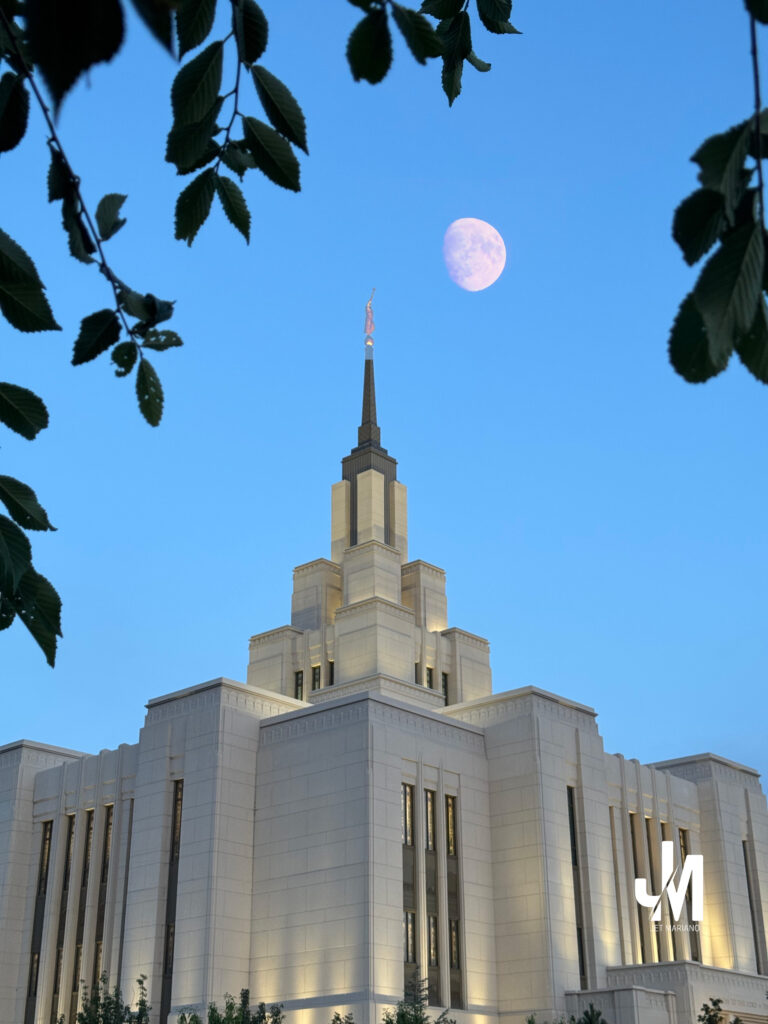
Excerpt
Zion is not built by sameness. It is built when people choose unity while carrying different loads.
Intro
Over the years, I’ve worked in environments where success depended on alignment more than talent. In IT, in security, and even in physical training, progress stalls the moment people begin competing instead of coordinating. The strongest systems I’ve seen—technical or human—are the ones where everyone knows they belong and everyone knows they matter.
Scripture describes Zion in similar terms. Not as perfection, but as unity.
Notes from the Author
The prophet Enoch’s city is described in a way that has always stood out to me:
“And the Lord called his people Zion, because they were of one heart and one mind, and dwelt in righteousness; and there was no poor among them.”
Moses 7:18
What strikes me is not just their righteousness, but the outcome of it. There was no poor among them. That phrase suggests more than generosity. It suggests belonging.
Perspective
Scripture doesn’t say they merely helped the poor. It says poverty ceased to exist among them. To me, that implies a community where people were not reduced to labels, deficits, or past circumstances. Each person was seen as capable of contributing, even if their contribution looked different.
I’ve seen this principle play out in my own life. In work settings, people thrive when they are trusted early, not tested endlessly. In training, progress comes when the body is respected as it is today, not judged for what it was yesterday. When someone is treated as an asset rather than a burden, they often rise to meet that expectation.
The Book of Mormon describes a similar unity among those baptized at the waters of Mormon. Alma taught them to move forward together:
“That ye may look forward with one eye, having one faith and one baptism, having your hearts knit together in unity and in love one towards another.”
Mosiah 18:21
Unity does not erase difference. It aligns direction.
Practice (today, not someday)
Today, I will pay attention to how I see people. I will resist the urge to sort others into categories based on background, skill level, or current capacity. Whether at work, at church, or in daily interactions, I will choose language and actions that affirm contribution instead of deficiency.
Unity begins with how we look at one another.
Final Reflection
Building Zion is not about creating a uniform community. It is about creating a cohesive one. A place where people are strengthened by shared purpose, not divided by comparison.
That kind of unity requires intention. It requires humility. And it requires consistent effort, just like anything worth building.
Pocket I’m Keeping
Unity grows when people feel needed, not merely tolerated.
What I Hear Now
To be of one heart and one mind is not to think alike, but to move together.
© 2012–2026 Jet Mariano. All rights reserved.
For usage terms, please see the Legal Disclaimer.



